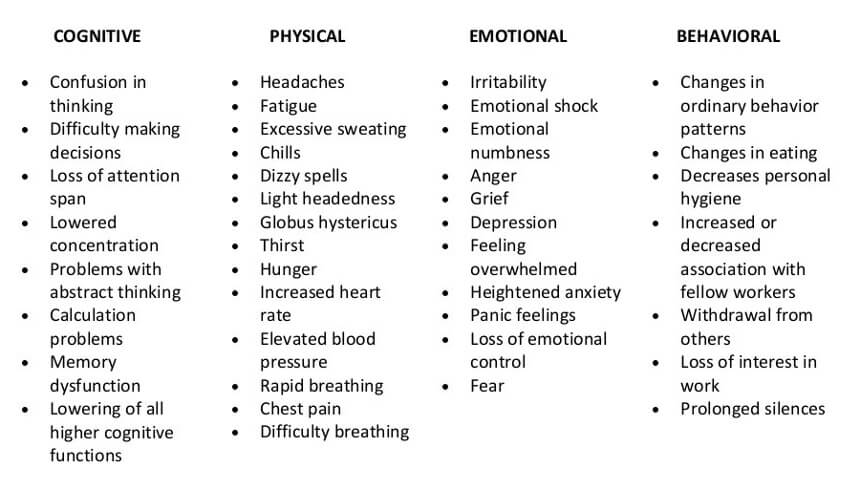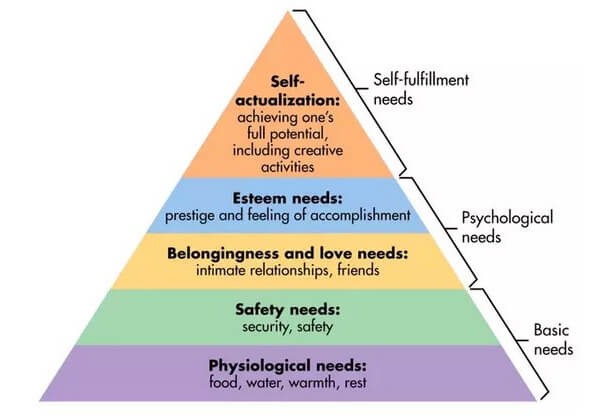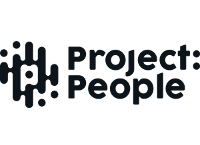For a bunch of years, we could easily observe the growing trend of servant leadership, turquoise, and no-management companies, Agile and lean transformations… All those changes could be summarized in one sentence:
Those were great preparations to answer the challenges of the upcoming World of volatility, uncertainty, complexity and ambiguity.
Nowadays, leaders should be generalists, who are able to easily adjust themselves and their teams to the constantly changing environment in the world of extreme uncertainty. I possibly wouldn’t be wrong, if I wrote that the bar for leaders was set up as high as never before.
Meanwhile, coronavirus came and it has unexpectedly changed the existing rules. Obviously, it’s been changing the way we work, putting us in unusual situations, influencing our values or, at least, making us think about them in a deeper way for the very first time since a very long time. But what’s more crucial, COVID-19 democratizes our teams, companies, organizations.
In the face of COVID-19, there are no IT developers, office managers, interns or… leaders.
In the face of COVID-19, we are all humans.
In the face of COVID-19, new leaders are being born.
This puts a new light on the role of the leaders, reevaluates the needed mindset and attitude. It’s decentralizing organizations and pushing them to become (Antifr)AGILE. Right now it’s hard to say if the World will go back on the beaten paths or if it will change its trajectories forever. The role of the leader in these days is crucial. In my opinion:
The role of the leader is to respect humanity.
Be emphatic
Research from the previous crises in 2000 and 2008 showed that in the face of crisis people can observe not only the emotional instability (from anger, through fear, to depression), but also many behavioral changes (from postponing personal hygiene, for instance, through a loss of interest in work, to eating disorders) and cognitive ones (memory issues, problems with abstract thinking, concentration, etc.). Also, social distancing could have the face of building the emotional and communicational distance from coworkers and the leader.

What you, as a leader, can do in this situation?
First of all: accept the fact that you can observe the same reactions yourselves.
It’s ok – you’re a human too.
Then, take care of your mental and physical health (there are many guidelines on how to do that and many ways to follow – do some research and find your own way). Why is this crucial?
Do you remember the instructions that stewardesses give in the airplanes? “Please, place your oxygen mask on yourself first, before placing one on your child.” The same rule is here:
If you are unstable – you won’t be able to help your people in the time of crisis.
If you are unstable – the team will feel it and they can become unstable too.
Secondly:
- provide the bunch of good practices to the team (article/post/video/internal training),
- be a role model – show them, on a daily basis, how you personally deal with obstacles,
- move the team rituals from offline to online (e.g. team integration, daily standup, having lunch or breaks together) and bring the tools that will make it easier for you (for example, use Discord to easily get a break and discuss some non-work-related stuff),
- frequently ask about their condition, problems they face,
- tell explicitly that such emotions and feelings may come and that they are not alone, they can count on you and the team, encourage them to communicate such problems directly to you,
- provide these who face such problems with the support of a psychologist – if needed,
- listen to them carefully – do not give needless advice,
- give even more positive feedback than usual, appreciate commitment and support.Health & Safety first!
Health & Safety first!
You have probably noticed the physical obstacles that could accompany the mental problems. Your team can also observe physical symptoms (headaches, chest pain, difficulty in breathing, etc.).
It’s important to not underestimate those symptoms as they can not only be connected with the crisis, but those are also symptoms of coronavirus.
What you, as a leader, can do in this situation?
First of all, provide them with the proper instructions in terms of possible problems with their Health. (Here you can find the example presentation we prepared for the Project: People team in very early days of coronavirus in Poland, as soon as we decided to work remotely. Among many other things, it contains information about health protection.)
Secondly:
- keep them informed about recommendations provided by the government,
- ask them frequently how they’re feeling,
- provide them with the up-to-date informations & recommendations from the medical insurer,
- tell explicitly that those problems with health can be caused by both coronavirus and the crisis situation; Encourage them to communicate such problems directly to you,
- remind them about keeping the work-life balance, encourage them to take some time off, breaks, etc.; Show them on your own example how to do that,
- create a space for them to share their good practices among team members.
Make them feel safe
All those obstacles, problems, diseases are coming from the feeling of instability. People are not feeling stable – as the 3 basic levels coming from the Maslow pyramid (Physical, Security and Social areas) are disrupted.

What you, as a leader, can do in this situation?
First of all – take action to make sure the situation of the organization is stable (there are many guidelines on how to do that, do your own research and take actions adequate to your situations).
Secondly:
- tell them transparently what’s the current situation of the organization and what the near future may bring,
- keep the team informed about the actions taken by the organization to avoid the crisis,
- keep the team updated about actions you are sure you won’t take in the near future and that can influence their sense of safety (e.g. ‘Right now, we are not considering the layoffs.’),
- involve/create a space for the team to discuss actions that they, as a team, can take to help the organization (it’s important for the sense of building influence),
- create a space for asking questions.
Just be a human…
The situation is hard for everyone: for leaders, for employees, for organizations. We all struggle with unexpected, untypical situations and challenges. In such situations, the role of the leader is clearly atavistic: to make the team survive. This situation is not only metaphorical but also has the direct meaning connected with health and security of you as well as of the members of your team. Being a human for the team, showing them the example of humanistic behaviors and creating a space for them to not only being an employee but also a human, is crucial.
Beata Mosór-Szyszka
CEO & Lean Strategist in Project: People www.projectpeople.pl
Beata is a strategist, marketer and lean consultant with over 14 years of experience in the international market.
She helps companies create and/or optimize their business model, and translate it into effective strategies, tactics and specific actions. She is the author of Lean Marketing Sprint, a method for creating marketing campaigns, and Values Poker, a tool for working with values.
As a speaker Beata performs at Polish and international conferences (e.g. Lean Startup Days Paris, VC night by Viva Technology, Open Living Lab).
Beata also has experience in organizing and designing acceleration programs such as Google LaunchPad Warsaw & WARP by Deutsche Telekom, T-Mobile & Cisco.
Project: People is a lean strategy agency founded by Beata Mosór-Szyszka and Joanna Ostafin in 2016.
During almost 4 years we had the pleasure to work with more than 120 clients all over the World (i.e. Germany, UK, USA, Singapore, Venezuela) and built recognizability among both corporations (e.g. ING Bank, T-Mobile, Nationale Nederlanden) and startups (e.g. Brainly, HCM Deck, Rent Planet).




